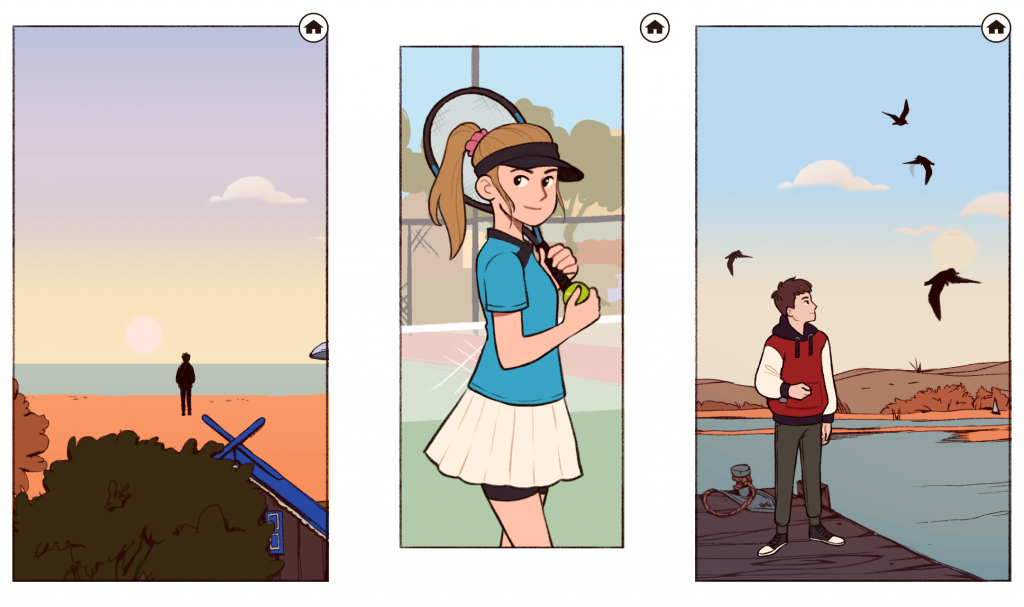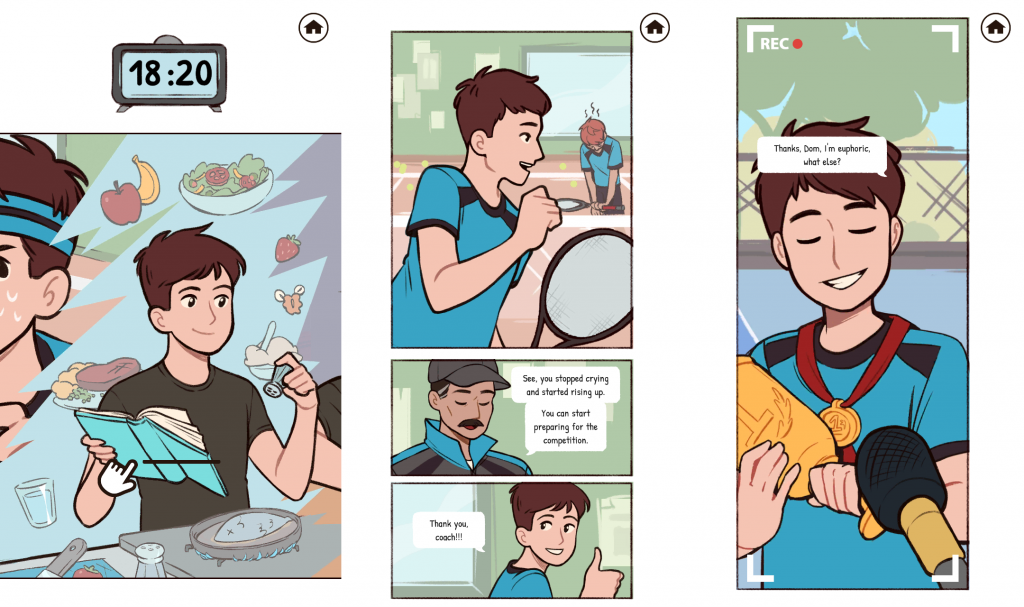
Increasing Awareness About Infectious Diseases Through Mobile Game [Un]defeated
As 2020 is finally coming to an end, it is time to tell one more story about one of our projects developed this year. Without specifically planning it, we created a game that addresses precisely the same topic hijacked this year. Call it a coincidence, result of intuition, or maybe continued readiness of our partners, but whatever the reasons, the game [Un]defeated appeared almost precisely at the right time.
Tuberculosis awareness
[Un]defeated was recently released as an entirely free game on the App Store and Google Play, but the story of its development started at the end of 2019. The world was still not aware of a looming pandemic, and the Lithuanian Centre for Communicable Diseases and AIDS (ULAC) was working as usual and looking for ways to increase awareness about infectious diseases. At that time, particular focus was on tuberculosis (TB) — little talked about illness and, even worse, stigmatized as only occurring among homeless and other socially removed people. But it is still very present, and, for example, in 2018, there were 10 million active TB cases and 1.5 million deaths globally.

European Union launched a project aimed at increasing awareness about the disease called “Public information and training for tuberculosis patients and their family members about disease prevention and control”. The coordinator of the project in Lithuania, ULAC public health specialist Joana Korablioviene thought of the idea to use a videogame to attract the attention of schoolkids to this topic, so the competition for the game development pitch was arranged. SneakyBox, together with VR and other interactive experiences producer Vitalijus Zukas, came up with a proposal to create an interactive story-based game for mobile devices and the web and got selected to realize this project.

Story about love and important choices
As the primary goal of the project and the game was to actively engage younger audiences to play it and learn about the main ways to protect from infectious diseases, the team decided to focus on the story, which would showcase this topic and provide players with interesting background and characters to follow. Also, as the game is not limited just as a storytelling medium, it was important to incorporate choices that would have different consequences. In such a way, players are led to find out for themselves what can happen when good and bad approaches are used when dealing with the disease.

We chose a comic book style for [Un]defeated and created a plot revolving around a love story between two young people and their encounter with tuberculosis. The story takes place in a beautiful seaside town, where Tom’s slow and melancholic life dramatically changes after meeting an up-and-coming tennis student Milda. For the first time in his life, he finds a purpose for which he will have to fight in and out of the tennis court. Although a serious goal brings serious obstacles, Tom accepts the challenge with great resolve. Following Tom’s and Milda’s story, the players witness many beautiful moments and, most importantly, make decisions that determine both young people’s destinies. The graphical style and animations were inspired by classic Japanese cartoons, which are a favourite among many SneakyBox artists and developers.
The value of games during pandemic
Despite the global focus shifting entirely to the new pandemic, the release of [Un]defeated was quite timely. The game talks about similar prevention measures needed both for TB bacteria and coronavirus, such as social distancing, wearing masks, washing hands and in general taking good care of personal hygiene, healthy nutrition, and active way of life.

After the release, the game got noticed by several large websites covering mobile apps and games, such as Pocket Gamer and Android Police. Back home, it also got coverage in media, but one of the project’s goals still remains unfulfilled. ULAC planned an educational program going through schools to showcase the game and talk about these diseases, but such plans were postponed due to the current situation. In the meantime, everyone can play through the story and learn about this vital topic safely at home.

In general, this difficult year had proven that games can be used as an effective educational tool when especially created attractively and engagingly for younger audiences. Some countries, such as Poland and Belgium, this year included games into their official school curriculums. And even without specific goals for education, gaming became an evident favourite activity to help live through this difficult time and improve the emotional well-being, as several scientific research cases have proved. So, let us keep playing and learning, and let’s maintain the optimistic outlook for 2021!
